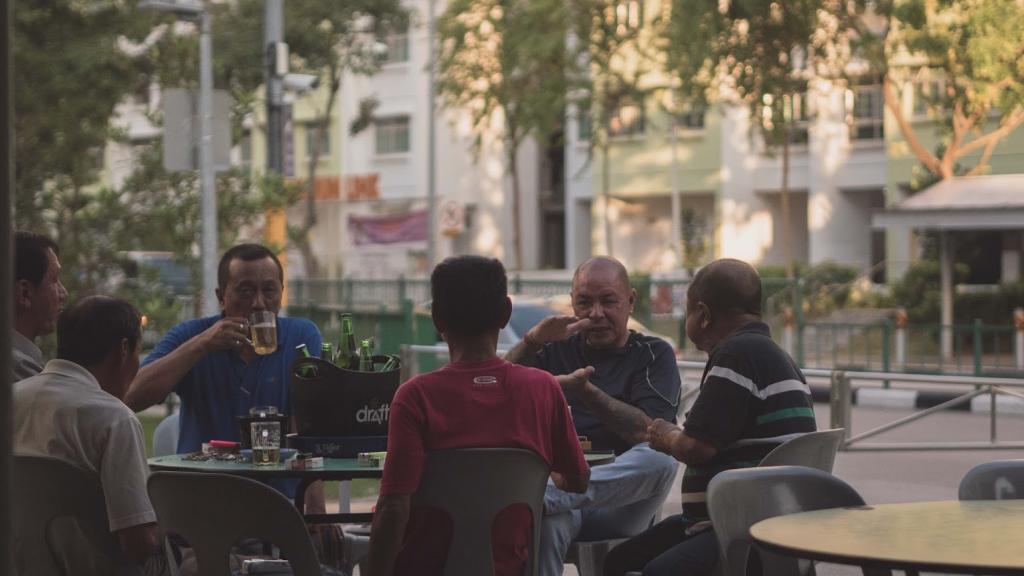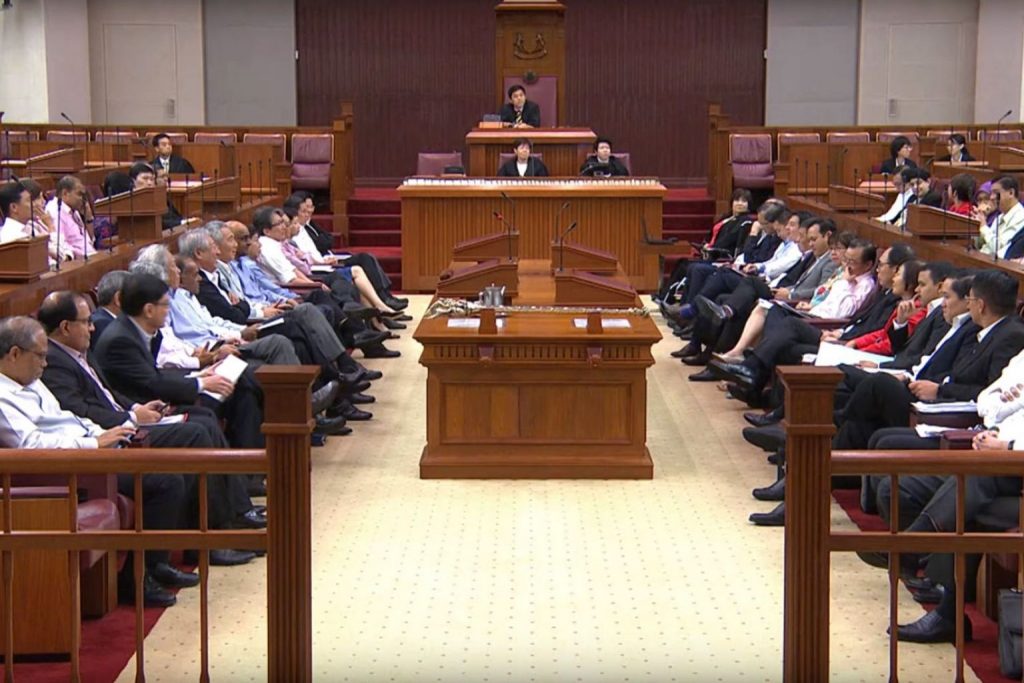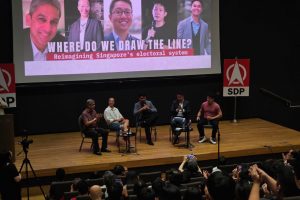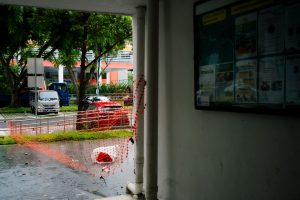Top image: RICE File Photo.
Disclaimer: RICE does not support or endorse any political party in Singapore.
Assuming I’ve made my deadline, it should be just after 8:00 PM (oops, 10:00 PM) on election night. We’ll have queued up, sanitised our hands, and stamped our cards, and all we can do now is wait.
In the morning, some of us will wake up reassured and optimistic. Some will be hungover. Still others will get on with their Saturday morning kopi, more than ready for the last two weeks to be old news. Post-mortems will be published and life will go on, with an economy to rescue and a pandemic still afoot.
One of the ironies of elections is that for all their significance, life tends to return to its usual rhythms fairly quickly. (GE2020, for that matter, was pitched as something to ‘get over with’ so we could get on with life.)
This makes sense to the extent that elections are about voting candidates into office. But they are also—at risk of stating the obvious—about politics, and politics is about the everyday exercise of power. That is timeless, and the business of deciding how it should be wielded isn’t just for the MPs who will be sworn into the 14th Parliament. It’s ours, for all of us.
As such, however you want tonight to end, and however things play out, here’s a non-exhaustive list of things we should all keep doing even after GE fever dies down.
One, staying invested in the broader political process.
One of the most encouraging things about this GE has been the massive efforts to increase voter literacy. Many of the educational resources about our electoral system, created by organisations like CAPE, New Naratif, and academia.sg, made the rounds on social media. Thanks to these, my mother told me this was the first election she’s voted in in which she understood what a ‘supermajority’ was.
Still, not all decisions are made on Polling Day. Going forward, the same interest should be extended towards Parliamentary questions, Budget cuts, and public consultations, all of which happen far more frequently than any GE, and with more targeted outcomes. Politics is a long game, and progress is a snail.

Two, remaining engaged about national issues.
Excepting some bright spots like the televised debate, GE2020 was full of distractions, instead of the discussions we should have been having about HDB lease decay or social mobility—or even Covid-19 recovery and the 4G leadership.
Elections determine our representatives in such discussions, but not the substance or outcome of the discussions themselves. No single authority should have a monopoly over the former, and the latter should be determined by a multitude of voices, not just politicians or civil servants. Over the next five years, our engagement will be critical to shaping how these issues are dealt with.
Throughout this GE, social media was awash with incisive, thoughtful, and fair-minded posts by ordinary Singaporeans. We can only be better for it if this spirit of learning and reflection endures post-GE, and these conversations continue in the online sphere and beyond (which would also help transcend generational and language boundaries).

Three, remember politicians are always accountable to us.
Elections aren’t just a report card on the country’s progress, but an assessment of politicians’ performance. This doesn’t have to happen only two or three times a decade (call it coursework rather than the single-exam approach). And it doesn’t have to mean police reports.
Individually, we can reach out to our MPs directly, whether over email or social media (or keep an eye on their past election promises). Small-to-medium scale community organising, of the kind done by civil society groups and NGOs, can also be effective in pushing for action from MPs.
At the broader level, this relies on both a robust media as well as vehicles for transparency—both of which have much room for improvement. However, Parliamentary questions remain a useful way of getting answers from decision-makers (when properly phrased; unclear questions yield unclear responses). Report cards, like the kind issued by Sayoni and SG Climate Watch on LGBTQ+ issues and climate change respectively, are useful initiatives that could be repeated throughout the parliamentary term.
“No blank cheque” should be a nonpartisan slogan for all time, applying to all our elected officials.

Four, finding the humour in things.
The memes of Vivan gazing admiringly at Jamus. The fan cams and parody videos. The many, many versions of the East Coast Plan. All the gold that came out GE2020 should lay to rest the myth that Singaporeans have no sense of humour.
To be sure, there are places when humour isn’t appropriate (cc: racist jokes). It should be used to punch up, not down, and there are lines around bullying which shouldn’t be crossed. But we should keep harnessing the ability to find levity in things, and laugh with each other — not just because it’s a sign of a maturing society, but as an antidote to cynicism and indifference.

Five, listening.
Elections might be a season for talk, but GE2020 should be a reminder of the importance of listening.
Building a vibrant and healthy democracy won’t happen overnight. We need MPs who talk with and not at us, good-faith, multi-party discourse, and a concerted shift away from our political culture of bullying.
But we should also avoid making polarised, binary judgements based on how people vote. A vote for the PAP is not moral treason, nor is a vote for the opposition a sign of ingratitude and rebellion. The work of everyday life is done with people who won’t always agree with us, and we can only create better ways of living if we accept that a plural society involves many versions of what is ‘good’.
Finally, like I wrote in the start of this piece, politics is about the everyday exercise of power. The effects of this differ for everyone, and marginalised and vulnerable communities should be placed front and centre in this process of understanding.
We will not, for example, learn how to talk about race if we (especially Chinese Singaporeans) don’t learn to listen first. To build a home, we must make space for the stories of all Singapore’s people, not just those whose voices have been loudest.

A few months ago, right before the circuit breaker, a colleague wrote that learned helplessness can seem like one of those things which comes with being Singaporean.
Like him, I don’t think this is entirely true, and there is no time it should be less true than at our elections, when power is quite literally placed in our hands. At this time, tonight’s outcome may already have been decided; perhaps its broader contours were never seriously in doubt.
But we have choices all the time, not only twice or thrice in a decade. GE2020 may be over, but the next five years have yet to be written.
This GE, we’re not just interested in the winners and losers. Join RICE as we satirise, over-analyse, and dissect everything from how we talk about politics and politicians to what we think we know about how Singaporeans vote.
What were some of the highlights of GE2020 for you? Tell us at community@ricemedia.co.







